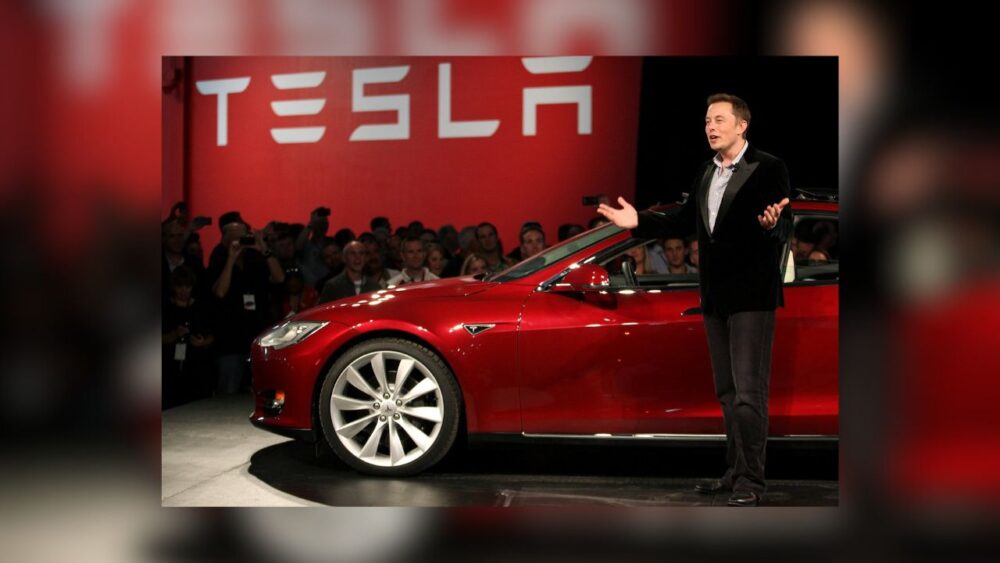Tesla’s board has proposed a new compensation plan that could grant CEO Elon Musk about 423 million shares. At future valuations, the payout could exceed $1 trillion if Tesla reaches an $8.5 trillion market capitalization within the next decade.
The package ties Musk’s rewards to ambitious milestones in profitability, production, and market value. If approved, it could make him the world’s first corporate trillionaire — far beyond traditional executive compensation.
“If he performs, if he hits the super ambitious milestones that are in the plan, then he gets equity — it’s 1% for each half a trillion dollars of market cap, plus operational milestones he has to hit in order to do that,” said Robyn Denholm, Tesla’s board chair.
Tesla outlined the plan in an SEC filing. Musk must grow the company’s market cap to $8.5 trillion by 2035 to unlock the full payout. He must also scale production to tens of millions of vehicles annually and deploy one million robotaxis on public roads.
Shareholders will vote on the proposal in November 2025.
The compensation structure requires Tesla to produce 20 million vehicles per year. It also calls for one million robotaxis and one million humanoid robots. The company emphasized that Musk only receives payments if Tesla achieves these goals.
The proposal comes as Musk faces legal challenges over past pay deals. Delaware courts struck down his $56 billion 2018 package after raising concerns about disclosure and his influence on the approval process. Tesla shareholders voted to re-approve that deal in 2024.
Tesla’s board also moved to secure Musk’s role in the company’s push into artificial intelligence. In August 2025, it granted him a $29 billion award with conditions similar to his 2018 plan. That deal aims to retain Musk as CEO and calm investor concerns about leadership stability.
“We believe this grant will now keep Musk as CEO of Tesla at least until 2030 and removes an overhang on the stock,” said Dan Ives, a financial analyst.
The final decision rests with shareholders, who are set to vote on the plan in November 2025.


